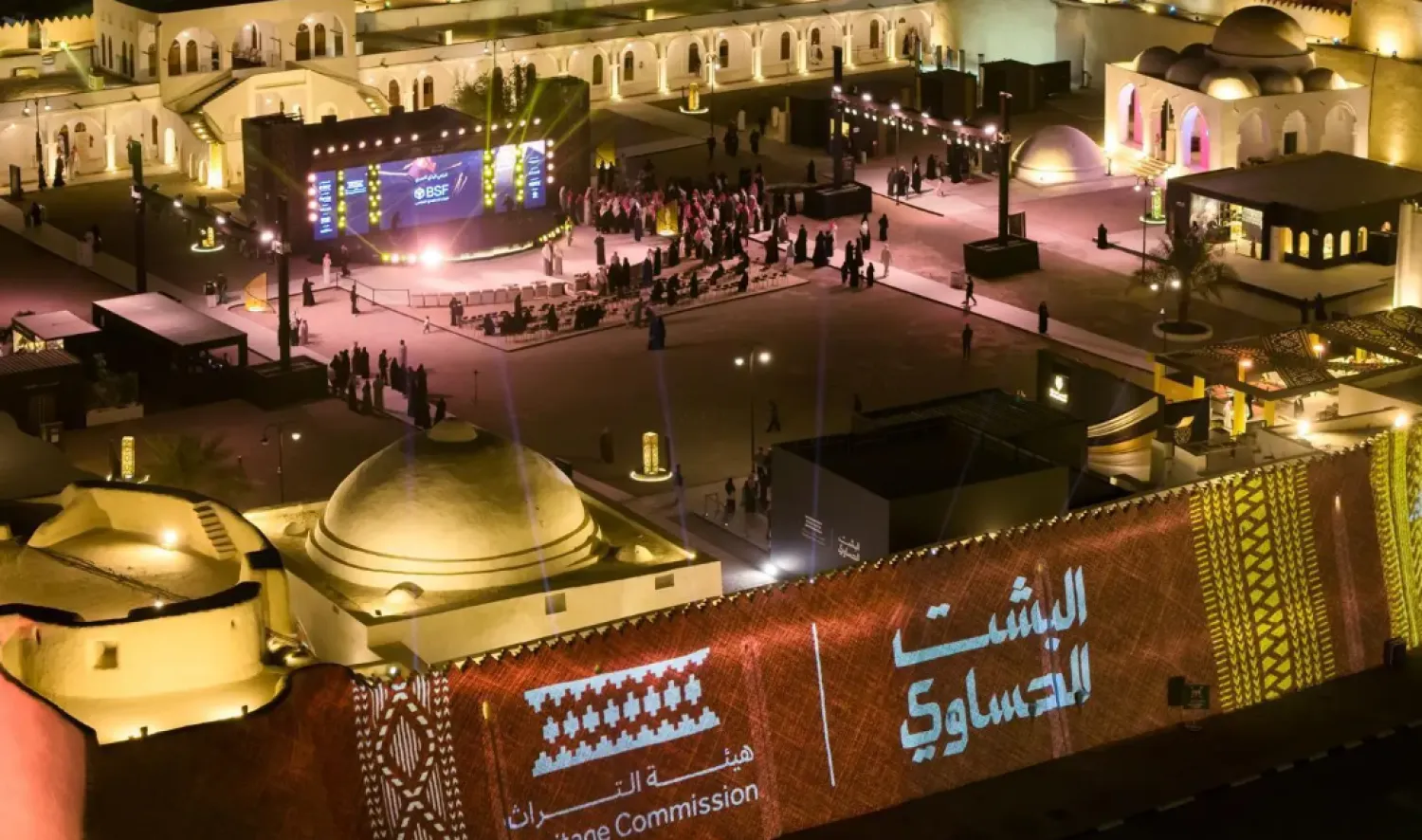Arab Week at the United Nations Educational, Scientific, and Cultural Organization (UNESCO) concluded in Paris, with the King Salman Global Academy for Arabic Language (KSGAAL) seizing the opportunity to emphasize the richness of Arab culture and foster dialogue among various cultures.
KSGAAL’s participation in Arab Week -- celebrating the cultural diversity of the Arab world -- aimed to contribute to sustainable cultural development goals in Arab countries, aligning with the objectives of the Human Capability Development Program (HCDP) within the framework of Saudi Vision 2030.
During the event, the academy took part in a scientific seminar addressing a comprehensive vision of Arabic language policies. Experts discussed language policies, challenges they face, opportunities for improvement, and the shaping of linguistic realities.
Additionally, KSGAAL presented its project on Arabic language policy studies, outlining its methodological and scientific framework, objectives, challenges, and outcomes.
The academy’s involvement in Arab Week underscores its strategic goals and commitment to supporting the Arabic language and culture. KSGAAL highlighted Saudi Arabia's global efforts in language promotion, leveraging the occasion to bolster its local and international standing.
Through a range of linguistic initiatives, programs, and projects, KSGAAL is dedicated to preserving the integrity and cultural identity of the Arabic language, supporting it in both spoken and written forms, and facilitating its teaching and learning within Saudi Arabia and beyond.









